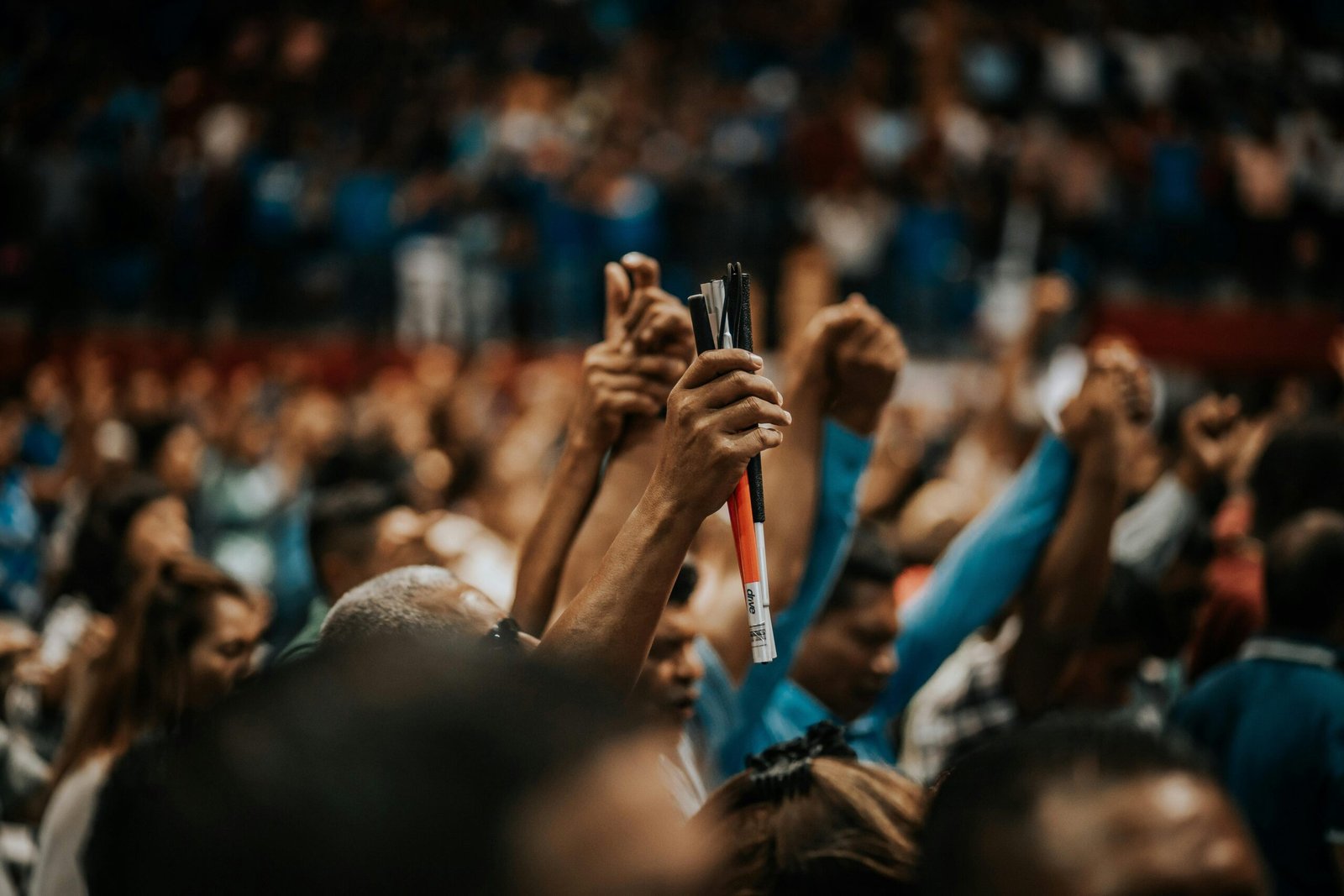Photo Credit (Pixabay)
Despite never having been to Italy, a British woman who suffered a stroke has acquired an Italian accent and the capacity to speak the language.
One evening this summer, Althia Bryden’s husband discovered her unconscious and unable to speak, so he promptly called for an ambulance. Doctors found that the 58-year-old had a stroke brought on by a carotid web, which can stop blood flow to the brain, and she spent nine days in the hospital.
She woke up with an Italian accent and the ability to use basic words in the language after having it removed surgically and being mute for three months.
The North London grandma told SWNS news, “I thought I would never be able to talk again for three months after my stroke.” “I felt like a shadow of who I used to be.”
When a nurse visited my hospital bed to perform a routine check after my carotid web surgery, I suddenly started talking. She appeared just as surprised as I did.
I recall asking myself, “Who is that talking?”
“First of all, I didn’t recognise my voice, and I couldn’t believe it was me speaking.”
Physicians started congregating at Althia’s bedside to listen to her speech.
We all got more perplexed the more I talked.
“It was evident that I did have a strong Italian accent, and I was unable to control my speech pattern.”
She claims she had never learnt or spoken Italian before, so she was shocked to realise that she could also speak it.
“I will unknowingly use an Italian word that is the equivalent of what I’m attempting to communicate in English in the middle of a conversation. My brain simply translates the English term into Italian, and I have no notion that I’m going to do it.
Althia’s doctors determined that she had “Foreign Accent Syndrome,” an uncommon disorder that makes someone sound like they have a foreign accent even when they haven’t learnt it.
The illness is “clearly related to central nervous system damage,” according to H.A. Whitaker, who originally used the phrase in 1982. More than 100 cases have been documented in the medical literature, notwithstanding their rarity.
Since there is no one with whom Althia can identify, she has struggled due to the disorder’s rarity.
Since none of the therapists or medical professionals had ever dealt with Foreign Accent Syndrome, or FAS, in their whole careers, doctors and nurses saw me as something of a medical miracle.
“Living with FAS is really difficult, but I’m so thankful to be alive after my stroke and to be able to communicate after going three months without speech.”
“I usually want to hear my old voice return when I get up in the morning. With this foreign accent, I don’t feel like myself. Even while I’m thinking, I can hear the accent in my thoughts. It’s such an odd sensation.
“I make every effort to remain cheerful and positive, and I remind myself that I still have my husband, two sons, and their lovely families with me today.”
She has met a lot of other stroke survivors in her community thanks to the Stroke Association and their support groups.
“Exchanging our personal experiences is really beneficial. Even though each stroke is unique, two stroke survivors can always connect over something.
She hopes she could say “Arrivederci” to the accent, though, as she has not yet encountered anyone with Foreign Accent Syndrome.




